#arnold marquis
Explore tagged Tumblr posts
Text













Kamikaze 1989 (1982)
23 notes
·
View notes
Text
TurnsGiving 2024 - Day 7: Favourite Emotional Secne




I am a bit late, but hey ...
#turnsgiving 2024#turn washington's spies#marquis de lafayette#la fayette#lafayette#french history#american history#history#american revolution#george washington#benedict arnold#my gifs#this scene breaks me everytime#i so wish they would have keept it in!
92 notes
·
View notes
Text
Some AU if Benedict Arnold was captured/AU if Washington, Lafayette, and Benedict played Roblox

#liberty’s kids#benedict arnold#marquis de lafayette#george washington#amrev#meme draw over#my art#fanart
75 notes
·
View notes
Text


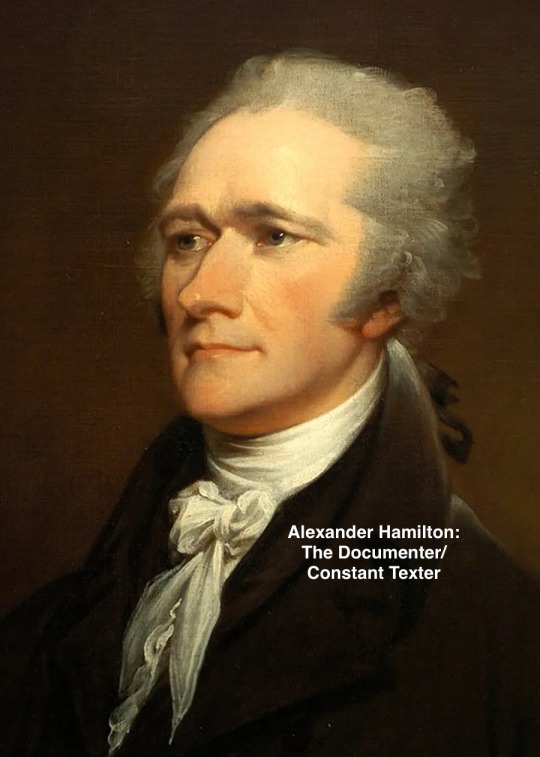
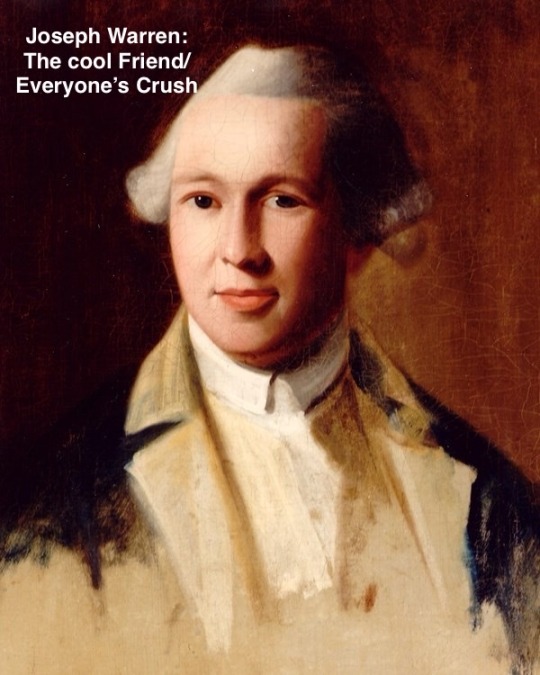

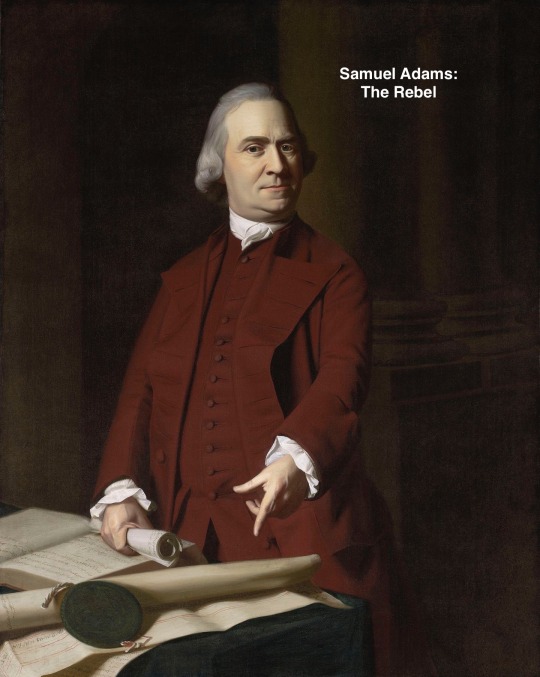
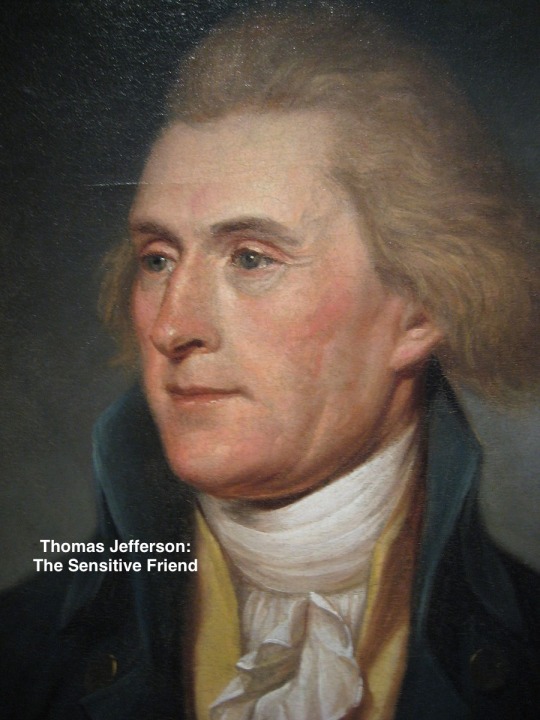
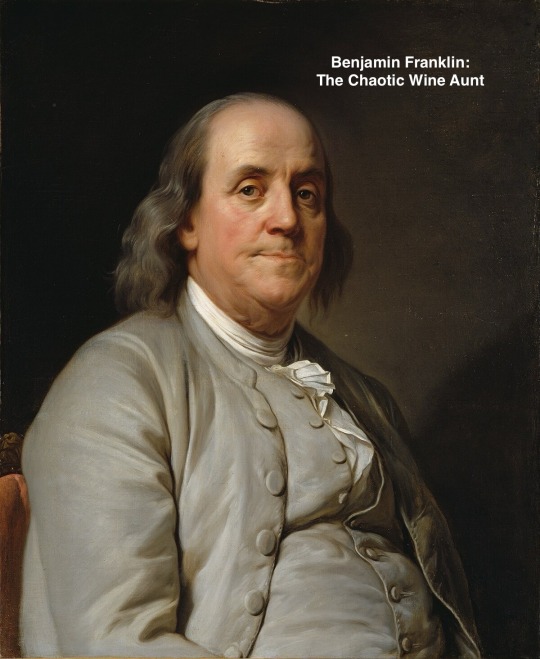
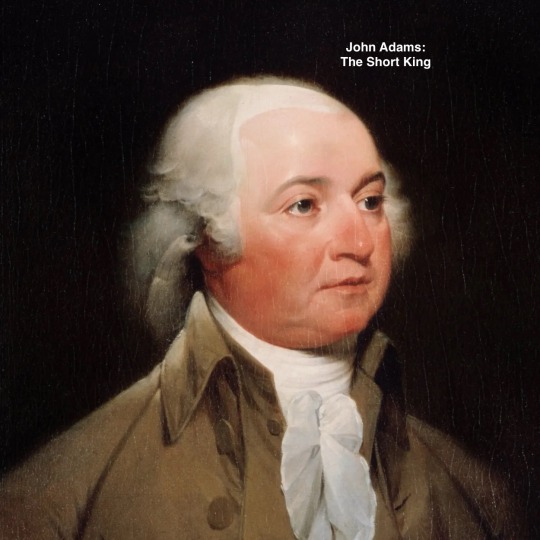

Archetypes in Your Friend Group (American Revolution Edition)
#history#american history#american revolution#amrev#shitpost#george washington#marquis de lafayette#alexander hamilton#joseph warren#benedict arnold#samuel adams#thomas jefferson#benjamin franklin#john adams#king george iii
159 notes
·
View notes
Text
Washington: Tonight, one of you will betray me.
Ben: Is it me, Washington?
Washington: No, it’s not you.
Lafayette: Is it me, Washington?
Washington: It’s not you either.
Arnold: Is it me, Washington?
Washington:
Washington: Is iT Me wAshiNGtoN?
#incorrect turn quotes#incorrect quotes#amc turn#turn: washington's spies#amrev#george washington#ben tallmadge#marquis de lafayette#benedict arnold#source: robin Williams
37 notes
·
View notes
Text
#liberty's kids#george washington#benedict arnold#marquis de lafayette#thaddeus kościuszko#Deborah Sampson#alexander hamilton#amrev#shitpost
50 notes
·
View notes
Text
Lafayette woke up and chose violence
#my first edit lol 😅#turn: washingtons spies#turn washington's spies#Lafayette#marquis de lafayette#alexander hamilton#benjamin tallmadge#benedict arnold#turn crack#turn memes#amrev crack#amrev memes#amrev#audio credit: peternugget
108 notes
·
View notes
Text
fundamental amrev experience is being assigned the legend of sleepy hollow as required reading in your highschool english class and freaking out A. because it's by washington irving, who was discussed extensively in that one nancy isenberg essay about aaron burr's sexuality, and B. because it Won't Stop Talking About John André, who, of course, is john andré
#everyone raise a glass to john andré#reading tlsh while watching turn was actually such an experience#it's so fascinating? how much of an impact he and his death had on american culture#especially because yk. he was british. and turned benedict arnold who the average american does Not like#something soooo fascinating about arnold being demonized and andré being glorified#which i'm sure was in no small part to be arnold being entirely unpleasant to be around and andré being like#everyone's favorite guy ever#choose your fighter:#ben “i can recall no instance where my affections were so fully absorbed in any man” tallmadge#marquis “i made the mistake of allowing myself to acquire a true affection for him” de lafayette#alexander *writes a 3000 word letter to laurens about how much he loved andré* hamilton#and more#and yeah just.#the fascination that tlsh makes clear people had with him#is SO interesting to me sorry idk. that's america's favorite brit right there#also. washington irving never beating the gay allegations idk#the achilles and patroclus mention was crazy#john andré#john andre#benjamin tallmadge#ben tallmadge#marquis de lafayette#alexander hamilton#i probably should have written all that in the actual post and not in the tags but. Whatever
21 notes
·
View notes
Text

its gotten to a point in my life where my friends will send me memes of random "old guy paintings" and just assume that i know who they are
what is worse is that i DO know who they all are and understand the meme
#marquis de lafayette#george washington#george washingmachine#lafayette#benedict arnold#benedick tbh#baron von steuben#amrev fandom#amrev#amrev memes
95 notes
·
View notes
Text
Hey yall!!😋
The way George Washington probably thought Lafayette was "weird" is so funny to me because he was most likely like "A Frenchman?? God help us all" then he met him and decided lafayette was his new goddamn son
Also
Why did he act like his aides were his sons exepct tallmadge
And Benedict arnold(but he wasn’t really an aide)
15 notes
·
View notes
Text

My Dear Fellow Mark Schneider fans, feel free to post your own story in the comment section under this post, on how you discovered this man!
#napoleon bonaparte#marquis de lafayette#mark schneider#reenactment#history#history crushes#american revolution#french revolution#first french empire#banastre tarleton#benedict arnold#education
14 notes
·
View notes
Text
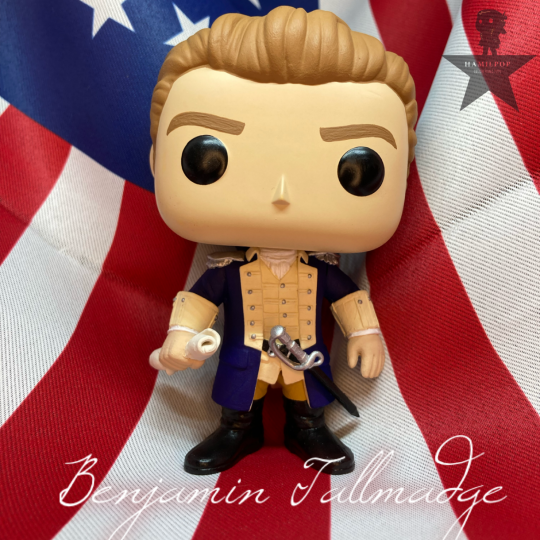
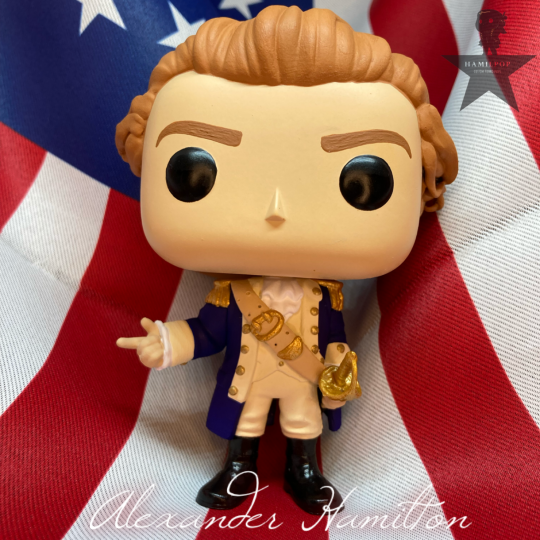


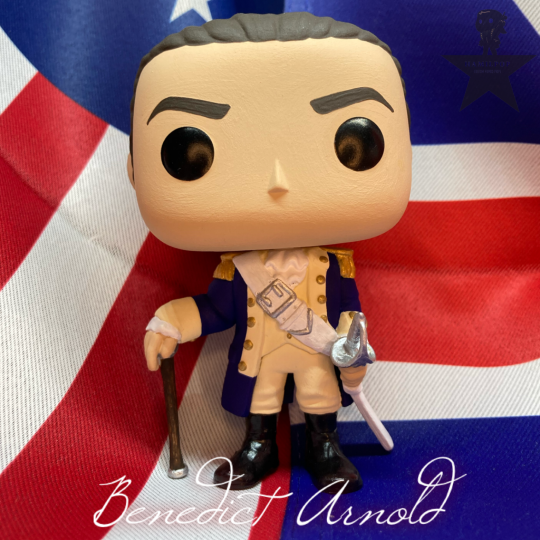
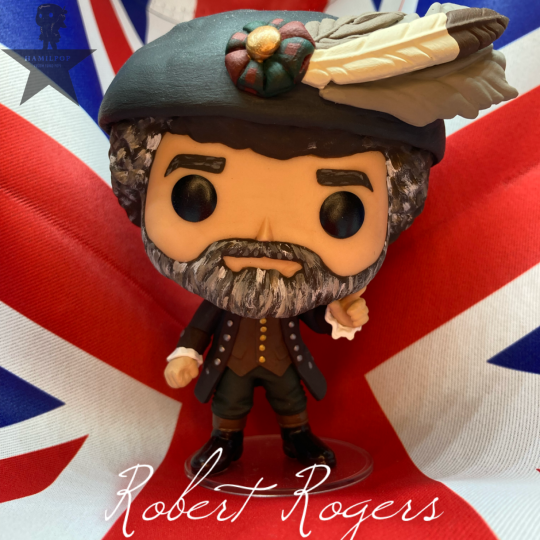
TUЯN: Washington's Spies customs are back! I hope to add a few more characters, but for now: Benjamin Tallmadge; Alexander Hamilton; Anna Strong; the Marquis de Lafayette; Continental Benedict Arnold; and Robert Rogers
Available now!
#funko#funko pop#funko pop custom#funkopop#hamilpop#custom funko pop#pop funko#etsy#etsyshop#etsyseller#turn washington's spies#benjamin tallmadge#anna strong#alexander hamilton#marquis de lafayette#benedict arnold#robert rogers
18 notes
·
View notes
Text
George, Lafayette, and Alex after a party
Made with a CapCut template.
Owner of the template: rini lest(On CapCut)
Unmute the video before watching.
#liberty’s kids#meme#george washington#marquis de lafayette#alexander hamilton#benedict arnold#amrev
51 notes
·
View notes
Text
Typography final project 2023: Design the cover and spread of a magazine on a topic of our choice. I chose my magazine to focus on everything surrounding the American Revolution.
Cover:

Spreads:





Links/Credits:
Why Marquis de Lafayette is Still America's Best Friend: Chris Heller
Why Benedict Arnold Turned Traitor Against the American Revolution: Nathaniel Philbrick
Magazine Cover mockup: Aleksandr Samochernyi/Freepik
Open pages mockup: Anthony Boyd
#american revolution#amrev#graphic design#editorial design#history#typography#logotype#marquis de lafayette#benedict arnold#my design
5 notes
·
View notes
Text

#liberty's kids#sarah phillips#james hiller#henri lefebvre#moses#mrsradcliffe#abigail adams#debora Sampson#thaddeus kościuszko#benedict arnold#ethan allen#benjamin franklin#marquis de lafayette#george washington#alexander hamilton#amrev#alignment chart
41 notes
·
View notes
Text




Turn: Washington’s Spies as cursed Roblox images because I think I’m funny
#turn amc#turn washington's spies#turn: washingtons spies#amrev#lafayette#crack#marquis de lafayette#meme#ben tallmadge#benjamin tallmadge#caleb brewster#robert townsend#benedict arnold#peggy shippen#john andré
111 notes
·
View notes